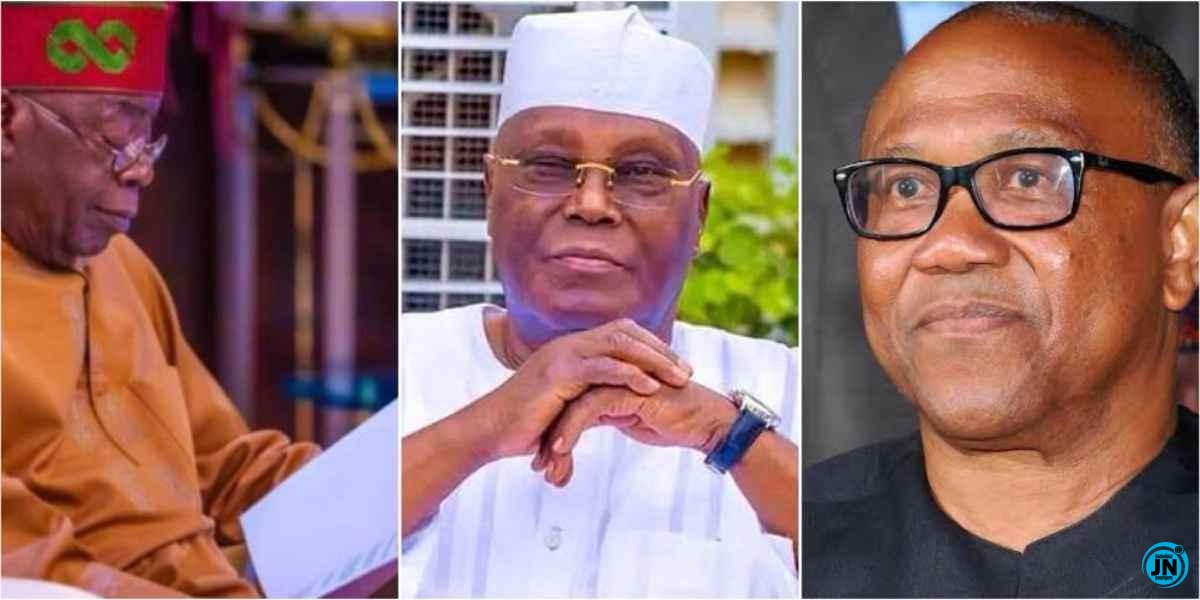
The House of Representatives has moved a step closer to enacting a major electoral reform as it passed for second reading a bill seeking to prohibit individuals above the age of 60 from contesting for the offices of President and Governor in Nigeria.
The proposed legislation, which was introduced by lawmaker Rep. Ikeagwuonu Ugochinyere, aims to amend the 1999 Constitution of the Federal Republic of Nigeria. If successfully passed into law, the bill will establish stricter eligibility criteria for individuals seeking to hold the highest political offices in the country.
One of the key provisions of the bill is that it would prevent notable political figures such as the incumbent President Bola Ahmed Tinubu, former Vice President Atiku Abubakar, and former Anambra State Governor Peter Obi from running in future elections due to age restrictions.
The bill explicitly states that any individual aspiring for the office of the President or Governor must not exceed the age of 60 at the time of contesting elections. Furthermore, it mandates that all candidates must possess a minimum of a Bachelor’s degree in their chosen field as part of the revised eligibility criteria.
According to the proposed amendment, Section 131 of the Nigerian Constitution will be modified to enforce the new age limit for presidential candidates, while a corresponding amendment will be made to Section 177 to establish a similar restriction for gubernatorial aspirants.
In addition to the age limit bill, the House of Representatives deliberated on several other legislative proposals and successfully passed them for second reading. These include a bill seeking to upgrade Alvan Ikoku College of Education in Imo State to a federal university, as well as a separate proposal advocating for the creation of Ideato West Local Government Area.
Another significant bill under consideration is one that aims to make it mandatory for youths and persons with disabilities to be included in political appointments at various levels of government.
The House also debated a bill proposing the transfer of trade and commerce from the Exclusive Legislative List to the Concurrent Legislative List. If approved, this move would grant both the federal and state governments the authority to regulate trade and commercial activities, fostering a more decentralized economic structure.
Moreover, lawmakers discussed a crucial bill aimed at reserving special seats for women in the National Assembly and State Houses of Assembly to enhance gender inclusivity and representation in Nigerian politics.
With the bill seeking to enforce a presidential and gubernatorial age cap now advancing to the next legislative stage, political analysts and citizens alike are keenly observing the potential impact it could have on the 2027 general elections. If signed into law, it could dramatically reshape the political landscape by limiting the candidacy of older politicians while creating new opportunities for younger aspirants to vie for top leadership positions.

